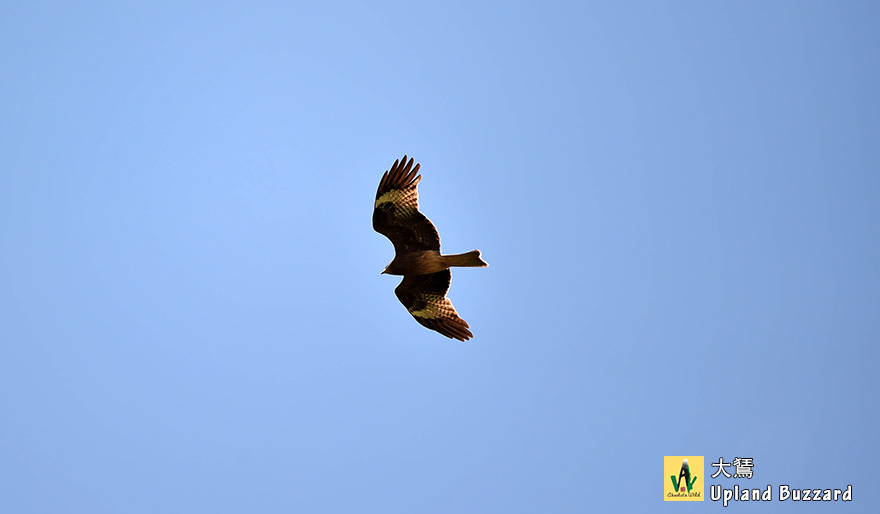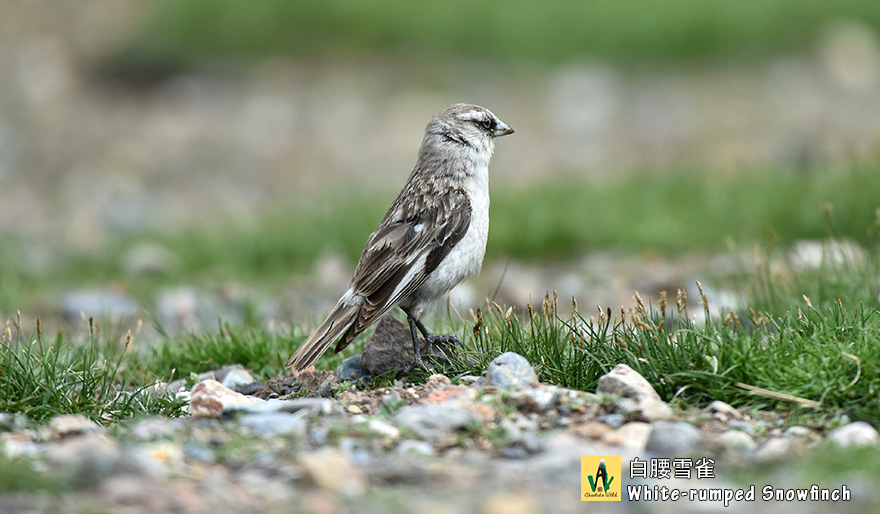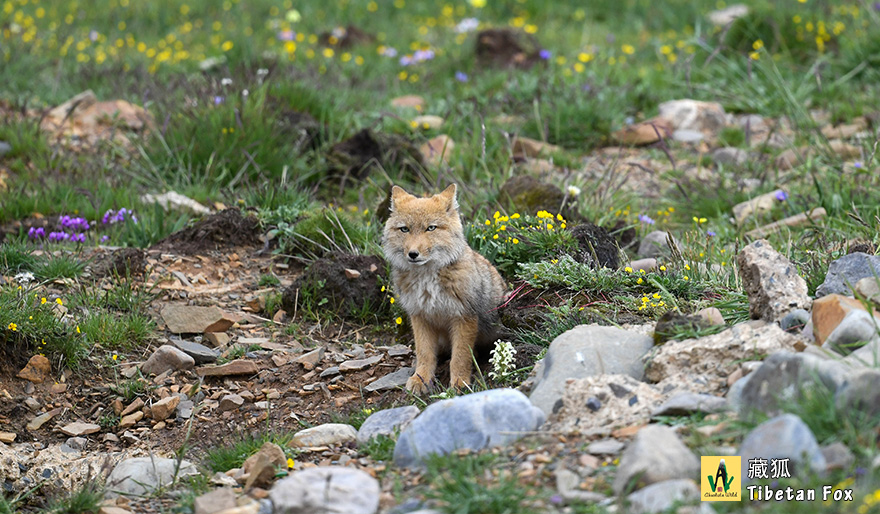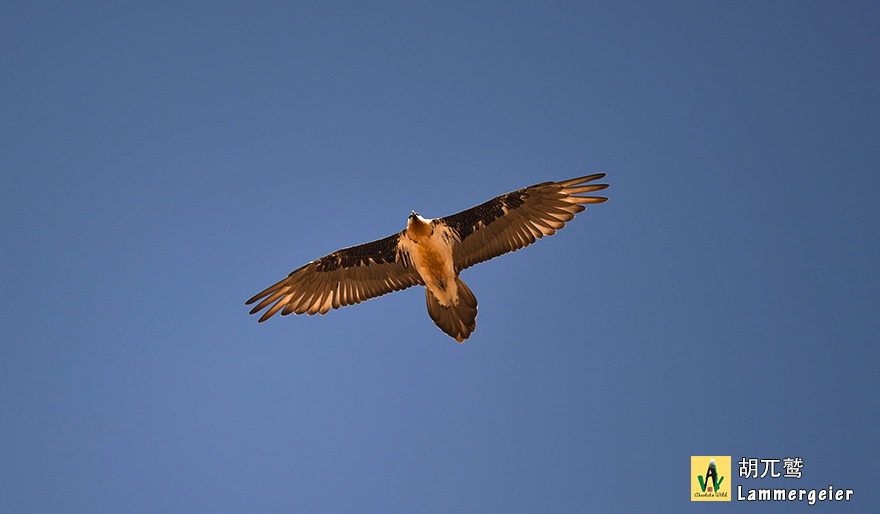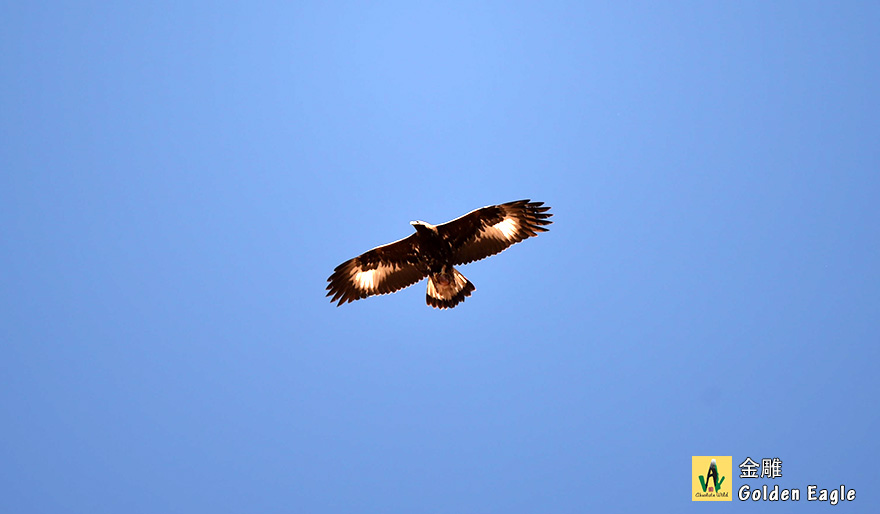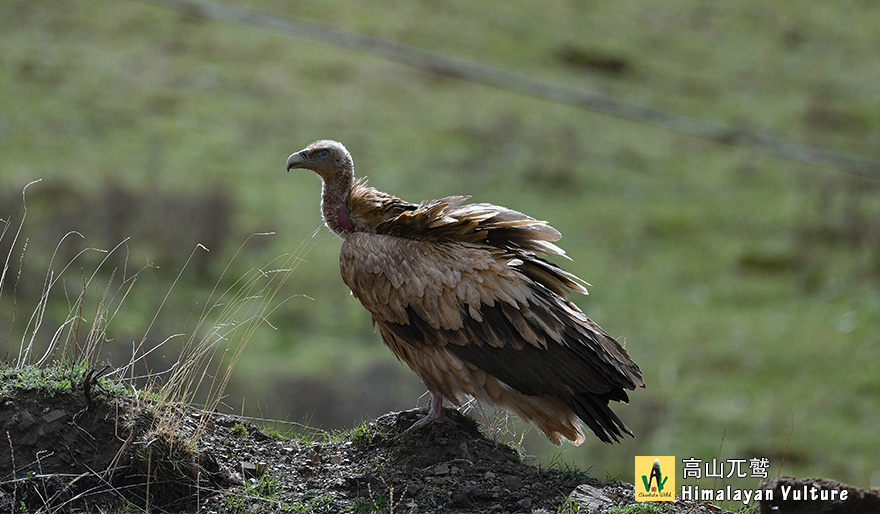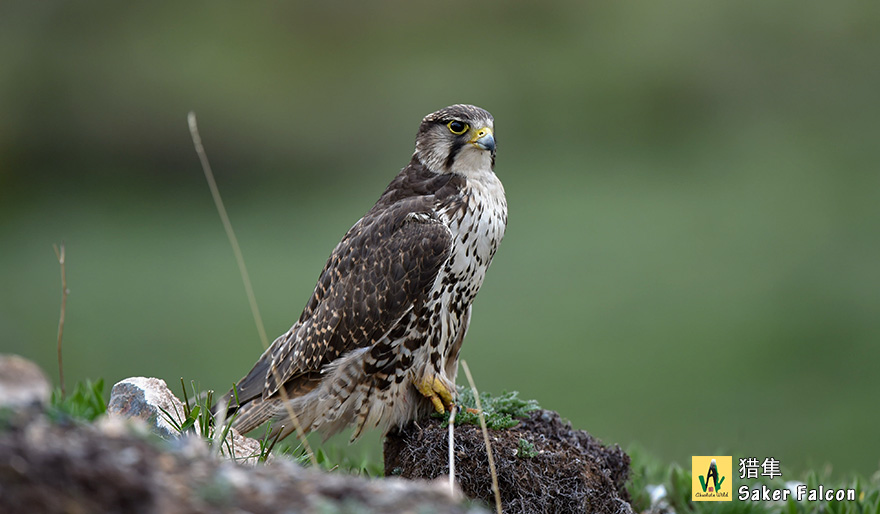Trip Details
7 Days Nature Exploration Camp in Qinghai
Price ¥1000/人(Deposit) September 17, 2021
Overview
Summer is the best season for Qinghai, the golden color of the blossoming rapeseed flowers, rolling snow mountain ridges, boundless grasslands, and galloping horses.... There are three types of landform in Qinghai province, namely Qinghai-Tibet Plateau, continental dry basin, and Loess Plateau, consisting of forests, grasslands, lakes, mountains, Gobi deserts, and deserts. The complex ecological environments provide varied habitats for the biodiversity in Qinghai.
If it is your first trip to Qinghai, you may be impressed by the same color of lake water and sky. You may be charmed by the plateau wildlife encounter such as Przewalski's Gazelle, Black-necked Crane, and Blue Eared Pheasant. You may be amazed at the natural wonders such as the runs of scaleless carps and the legendary sky mirror.... Every exploration trip brings you discoveries that make you more addicted to this wonderland —— Qinghai. Through our nature exploration in some of the most typical places in Qinghai represented by Qinghai Lake and Huzhubeishan Forest Park, this trip aims at having an in-depth exploration of the most authentic and mysterious Qinghai.
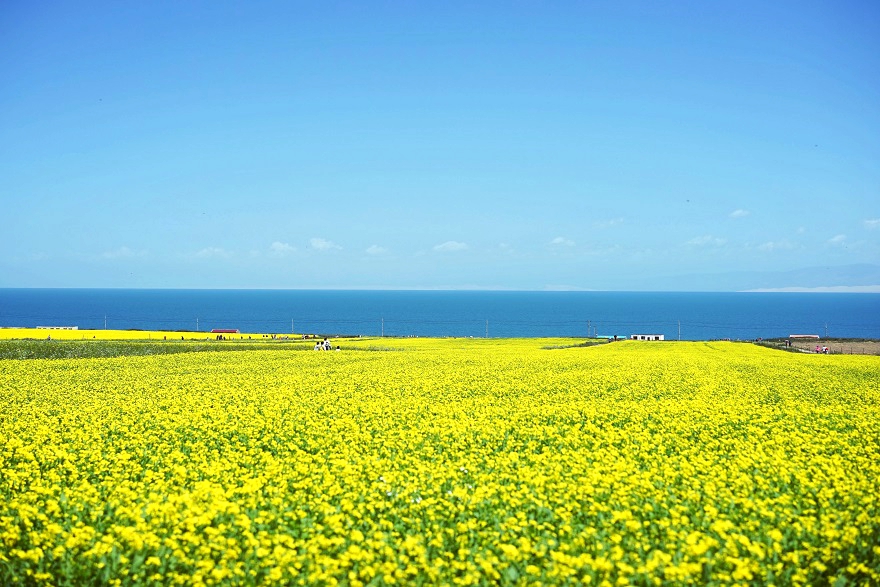
▲ Qinghai Lake——the largest lake in China
Trip Targets
1. Acquire knowledge:Though our exploration of the biodiversity on Qinghai-Tibet Plateau, we will learn the unique wildlife resources on the plateau. We will feel the charm of biodiversity after comparing the wildlife from different ecological environments and experience the unique Tibetan culture on the plateau;
2. Improve field skills:Learn how to observe birds and identify plants in the field and learn the basic skill for nature photography;
3. Building up passion:Your passion toward nature will be further stimulated from the various interesting nature experience activities. We will encounter some rare and precious wildlife and discuss the possible ways of harmonious coexistence between humans and nature;
4. Personal Improvement:Complete our biodiversity survey report in Qinghai with individual sharing of the achievements made during this trip.
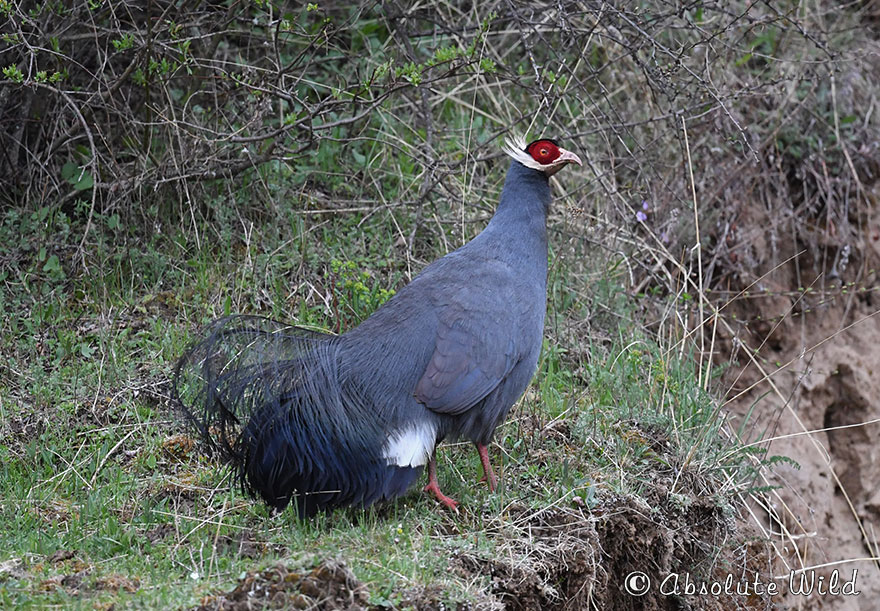
▲ Blue Eared Pheasant——a star bird on the Qinghai-Tibet Plateau
Trip Highlights
1. Get to know the diverse ecological systems on Qinghai and Tibet Plateau:We will have an animal and plants survey in Huzhubeishan National Forest Park, which is known as the treasure house of biodiversity on Qinghai-Tibet Plateau, and Qinghai Lake, which is famed as the most beautiful lake in China;
2. Observe and learn about rare and precious birds and mammals:Look for the Black-necked Crane, which is the only crane living on plateau, search for the endangered Przewalski's Gazelle, observe the migration runs of the Scaleless Carp;
3. Tibetan cultural experiences:Visit Taer Monastery, one of the six most famous Gelugpa Monasteries in Tibetan Buddhism, where we will enjoy the yak butter flowers, frescoes, and barbola with extremely high artistic value.
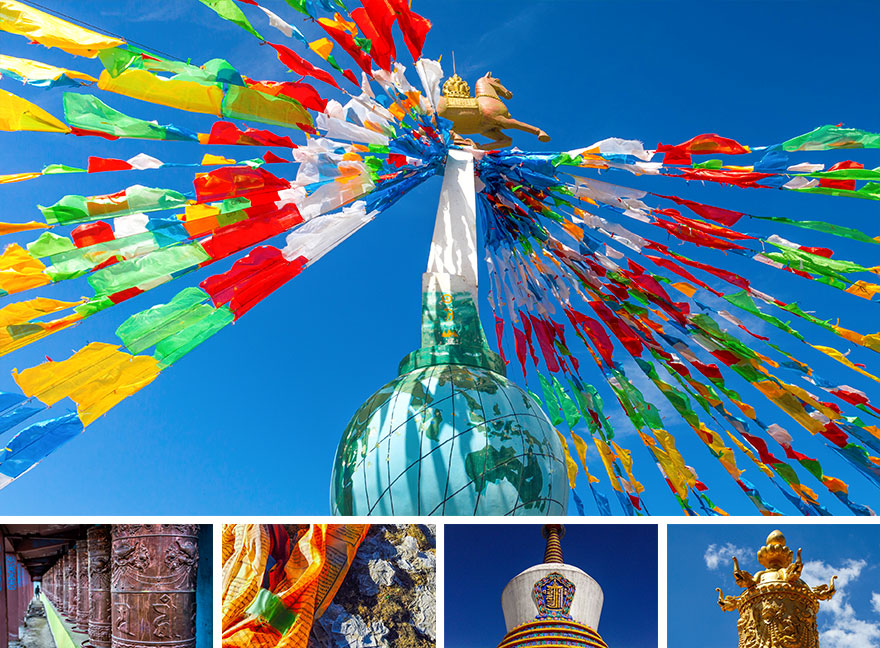
▲ Tibetan Culture on Qinghai-Tibet Plateau
Dates & Prices
Location:Xining, Huzhubeishan Forest Park, Qinghai Lake, and the surrounding areas
Date:July 18-24, 2024
Expected Participants:Family with children above 8 or only children above 10
Camp Size:15-25 for every camp
Itinerary
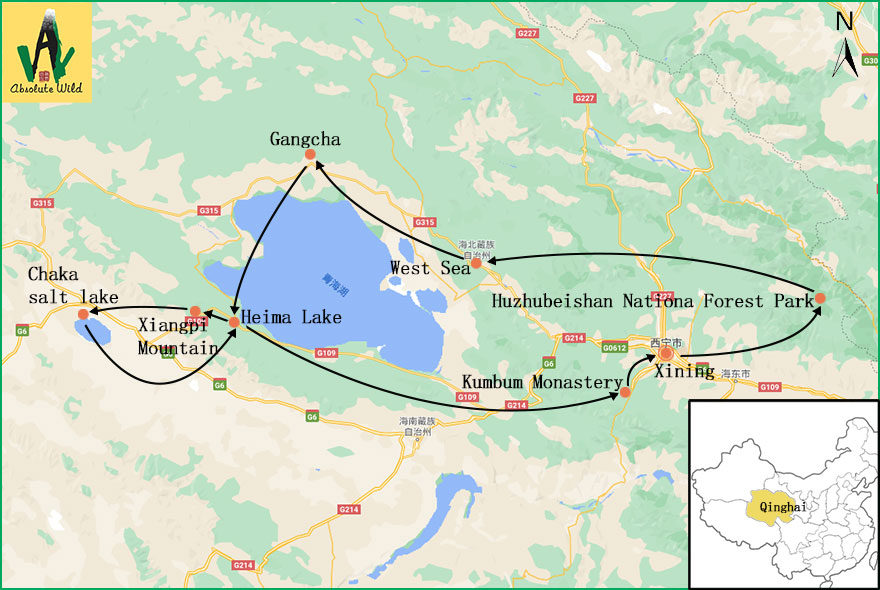
▲ Tour Map
Day 1: Arrive and get your first impression about Qinghai-Tibet Plateau.
In the morning, we meet in a designated place. For the participants arrive earlier, you can pay a visit to Xining Wildlife Zoo, where you can see the unique plateau animals under national protection such as Snow Leopard, Black-nacked Crane, Przewalski's Gazelle, Chinese Desert Cat, White-lipped Deer, and Wild Yak.
In the afternoon, we will have the opening ceremony followed by a study trip to Xining Ninghu Lake wetlands to learn about the plateau wetlands ecological system. We will learn the observation methods for birds before we look for the summer breeders in the wetlands such as Mallard, Crested Grebe, and Common Tern and find out the secret weaponry owned by water birds.
In the evening, we play indoor games and have group sharing.
Day 2:Nature exploration in Huzhubeishan National Forest Park.
In the morning, we will leave Xining for Huzhubeishan by our private bus, enjoying the rolling mountains en route with the possible encounter of birds on the road. Located in the transitional area from Qinghai-Tibet Plateau to Loess Plateau, Huzhubeishan National Geology Park has well-preserved primeval forests with abundant wildlife resources. It is famed as the Kingdom of plants and Natural Animal Homeland on Qinghai-Tibet Plateau.
In the afternoon, we will study the forest ecological system of Huzhubeishan and search for songbirds in the forest. After observing birds like White-browed Rosefinch, White-browed Tit-warbler, and White-capped Water Redstart, we will discuss the differences and similarities between songbirds and swimming birds.
In the evening, we will play nature games and individual sharing on the ecological environment and natural resources in the Huzhubeishan Forest Park.
Day 3:Hike in Huzhubeishan Forest Park and Nature Observation.
In the daytime, we hike in Beishan Forest Park some nature games to the higher part of the forest to look for birds and flowers including raptors such as Golden Eagle and Lammergeier. By studying the beautiful alpine flowers, we will also learn the secrets of alpine plants. All our activities will strictly follow the rules of Leaving No Trace.
In the evening, we will have a group sharing and reports of the Biodiversity survey in Huzhubeishan Forest Park.
Day 4 : Study on Grasslands Ecological System.
In the morning, we will have some easy observations around our hotel in search of active morning birds. After that, we go to Xihai Township by our bus.
In the afternoon, we will enjoy the roadside blossoming wildflowers on the Qinghai-Tibet Plateau, play nature games, and fully immerse ourselves in the beautiful natural scenery on Qinghai-Tibet Plateau in Summer. Our survey on the grassland ecological system will be started right on the carpet of wildflowers on the plateau grasslands. We will search for the birds and mammals living on the plateau and have a group discussion on how to protect the grasslands.
In the evening, we play indoor games and share our survey reports.
Day 5:Visit the homeland of Przewalski's Gazelle and observe the runs of Scaleless Carp.
In the morning, we start from Xihai Township to drive toward Gangcha, searching for Przewalski's Gazelle on the way. It is China's endemic animal with a very narrow distribution, which has been found only in small areas around Qinghai Lake. We will explore the causes that lead to the small population of the Przewalski's Gazelle, and think about the relationship between human lives and nature.
In the afternoon, we will enjoy a special ecological wonder——the fish runs of the Scaleless Carp and feel the charm of Qinghai Lake from the road section closest to the lake. In the evening, we check-in at a hotel in Heimahe.
In the evening, we play games and summarize our survey.
Day 6:Hike and Nature Observation in Rubber Mountain, and explore Chaka Salt Lake.
In the morning, we will watch the beautiful sunrise in Heimahe if the weather is good. After breakfast, we drive on to Chaka Salt Lake to feel the mysterious Sky Mirror, learn about how the salt lake was formed and the long history of salt mining culture.
In the afternoon, we will hike in Rubber Mountain with nature observation on the way. We will search for wildlife such as Himalayan Vulture, White-rumped Snow Finch, Rufous-necked Snow Finch, Plateau Pike, and Himalayan Marmot and learn about the sharing of a hole between snow finches and pikas.
In the evening, we will play games and summarize.
Day 7:In search for Black-necked Crane, the plateau creature & visit Taer Monastery of Tibetan Buddhism, Concluding the camp and return home.
In the morning, we drive to Xiaodonghu to observe our star species, the Black-necked Crane. We will find the differences between the wading birds, swimming birds, and songbirds, learn how bird species are related to the habitat environment.
In the afternoon, we drive to Taer Monastery, which is a famous Tibetan Buddhism monastery in China, to appreciate its yak butter flowers, frescoes, and barbola. They are of high artistic and ornamental value. After that, we will have a camp-closing ceremony, to conclude the successful ending of our exploration camp. And you can either board our bus to the airport or continue with your travel plan.
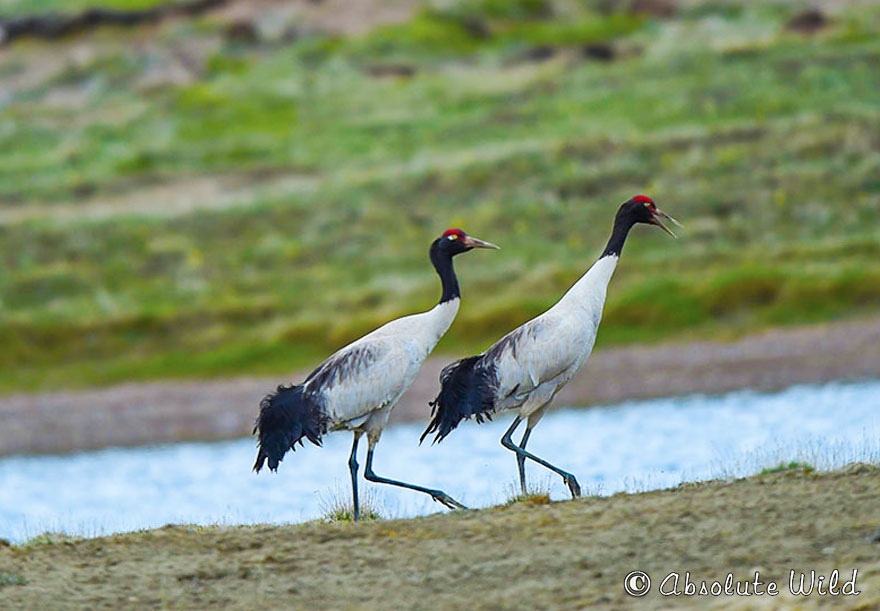
▲ Black-necked Crane
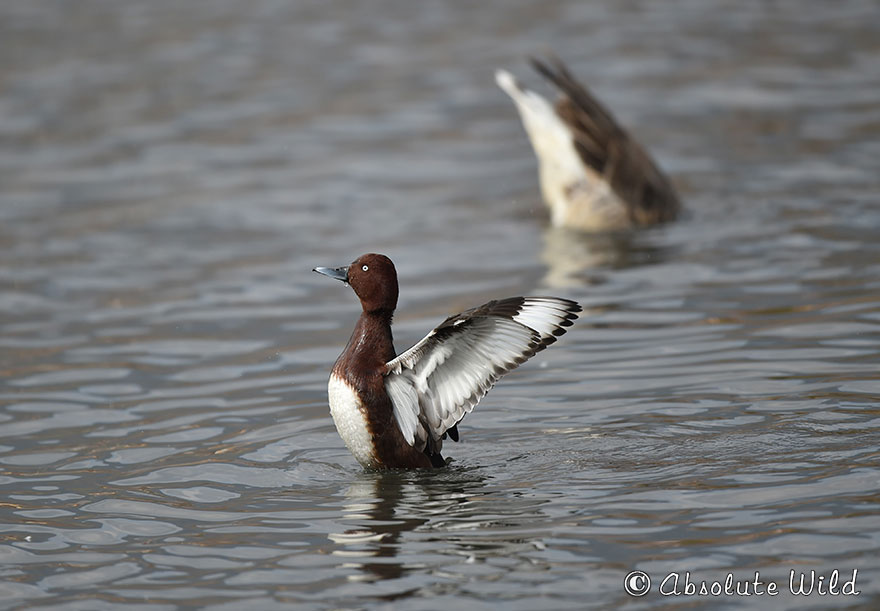
▲ Ferruginous Pochard
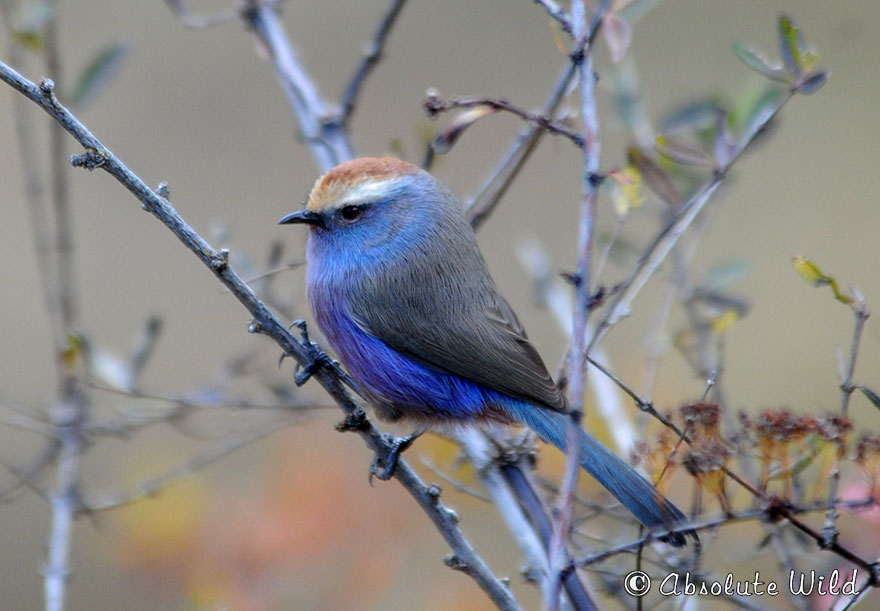
▲ White-browed Tit-warbler——a colorful bird
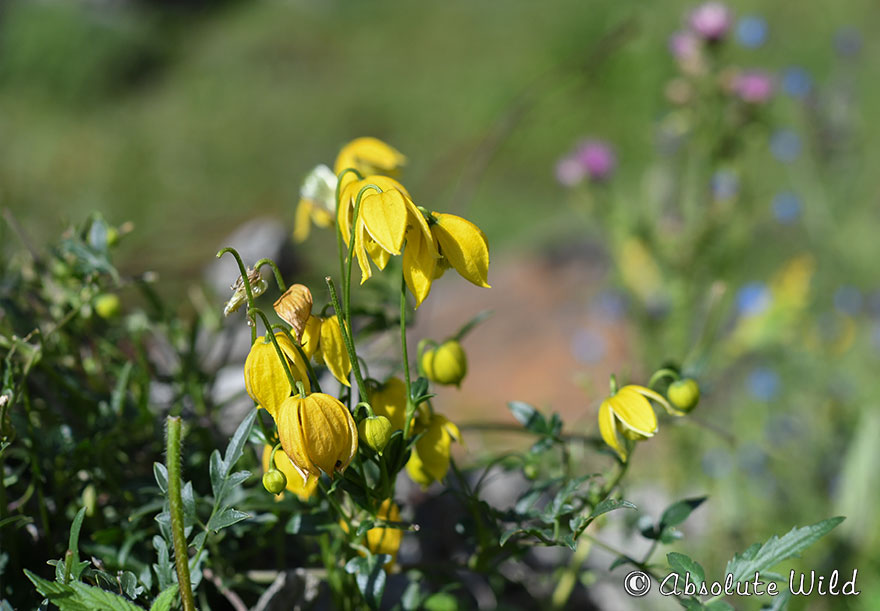
▲ Clematis tangutica (Maxim.) Korsh
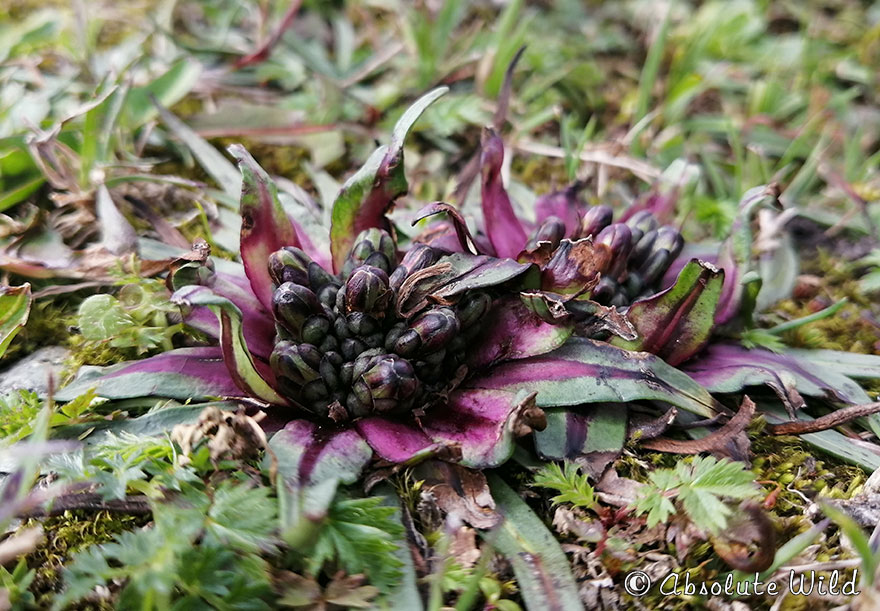
▲ Saussurea stella
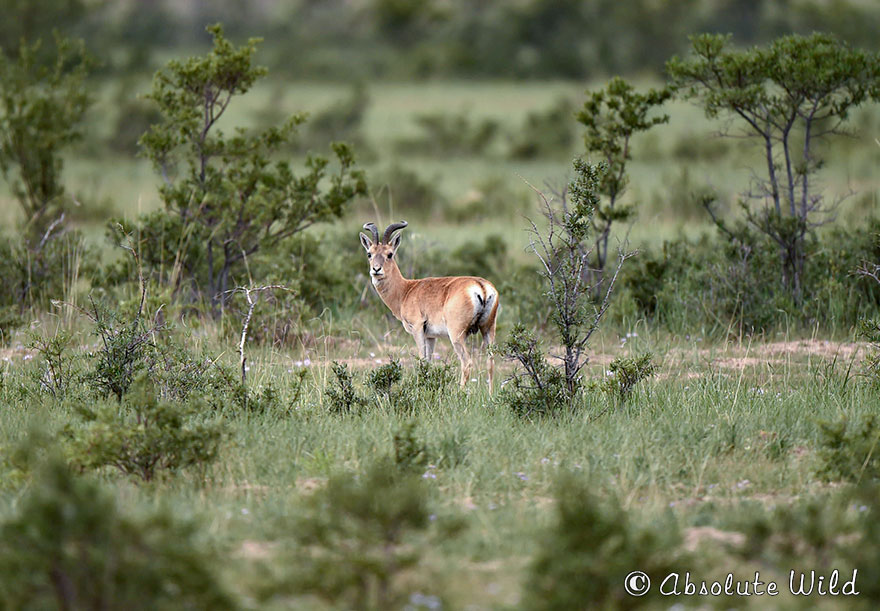
▲ Przewalski's Gazelle
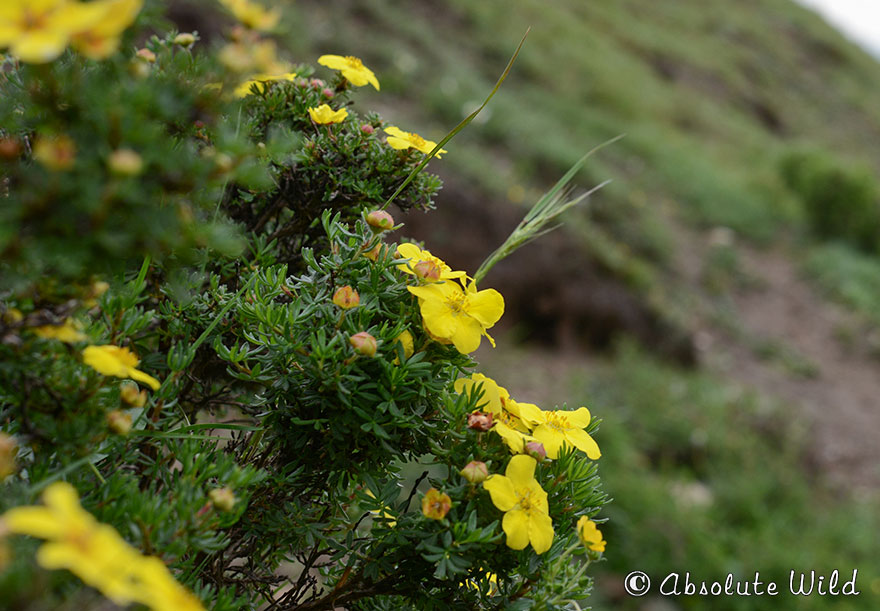
▲ Potentilla fruticosa L, Photoed in Rubber Mountain
Logistics
Hotel Stay:Local hotels or guesthouse ( one twin-bed room for one family, for children without a parent, arrange room-sharing according to the actual situation. In principle, we do not use one room for one single child. If parent hopes to use a single room, the single supplement is 293USD/pax ).
Transportation:A local registered tour bus for all the participants during the whole trip.
Food:We use local popular restaurants with a choice of typical food popular in northwest China.
Safety Measures:
1. All around process control and safety check before the start of the trip.
2. Staff with AHA first aid certificate and first aid kit during the whole trip.
3. Detailed rules and reminders for the trip and ensure all the participating parents and children know them.
4. Measures for epidemic prevention: we will prepare epidemic prevention materials such as surgery masks, pure alcohols, hand sanitizer, and thermometer. We will have a temperature check before the start of our trip activities.
FAQs
What is the temperature in Qinghai during the summertime? What are the elevations of the places we are going to visit?
Located in the temperate continental climate, Qinghai has a big temperature gap between day and night, with the highest temperature of 25℃ during the day and the lowest temperature of 10℃ during the night. It will be very helpful you have some warm clothes such as a down jacket and gloves. Because the ultraviolet during the day is pretty strong, we need to prepare some cream for the strong sunlight. Before the start of the trip, we will send every participant an e-version departure book with detailed information about this trip including the elevations for each place we are going to stay.
What kind of special preparations we have made for the activities in the high-elevation areas?
All of the places we are going to visit are below 3,500 meters. Our teachers for this trip rich experiences of guiding trips in high elevation areas. They will constantly check with our participants about their actual feelings. We also have prepared oxygen bottles and most of the time our bus stays at the closest possible place with us. So in the time of emergency, we can quickly drive to the nearest hospital. We will also try our best to provide well-balanced food so that every participant can enjoy and have the good physical capability to adapt to the elevation change. We will control the length and strength of the activities so that everybody gets enough rest and sleep.
Guide

Jinnie
Dave has had a keen interest in birds since his young days growing up in northern Lincolnshire, England, with many memorable times spent looking for migrant birds along the Lincolnshire and Yorkshire coasts. This shaped his future career which started as assistant warden at Bardsey Bird Observatory, north Wales in 1981.
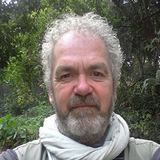
Shay Xie
Dave has had a keen interest in birds since his young days growing up in northern Lincolnshire, England, with many memorable times spent looking for migrant birds along the Lincolnshire and Yorkshire coasts. This shaped his future career which started as assistant warden at Bardsey Bird Observatory, north Wales in 1981. Dave has had a keen interest in birds since his young days growing up in northern Lincolnshire, England, with many memorable times spent looking for migrant birds along the Lincolnshire and Yorkshire coasts.
Testimonials
ing
